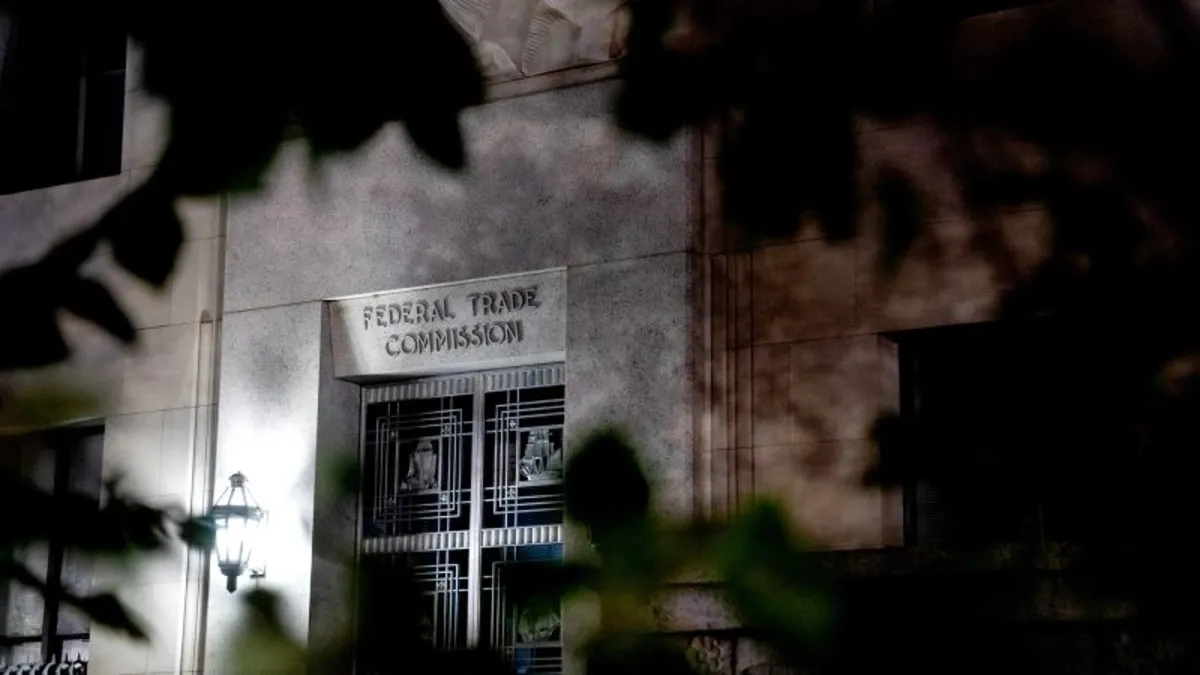
The U.S. Federal Trade Commission (FTC) has officially requested a federal court in Seattle to postpone a scheduled trial regarding allegations that Amazon misled consumers about its Prime subscription service. This request, made on Wednesday, cites “severe resource shortfalls in terms of both money and personnel” as the primary reason for the delay. The FTC's attorney, Jonathan Cohen, presented this case during a hearing with U.S. District Judge John Chun, highlighting the agency's current challenges.
Cohen articulated that the FTC is currently facing a “dire resource situation” largely due to the cost-cutting measures implemented under the Trump administration. He remarked, “We have lost employees in the agency, in our division, and on our case team.” This situation marks the first significant acknowledgment of how the large-scale reductions initiated by Trump advisor and Tesla CEO Elon Musk have impacted the FTC's operations, particularly its ability to enforce consumer protection and antitrust laws.
Several employees involved in the Amazon case accepted a resignation offer sent out in January, while others have left for various reasons or are scheduled to be on leave during the trial. Compounding these issues is a hiring freeze instituted by the FTC, which Cohen indicated has further strained their resources. In February, Trump signed an executive order limiting government agencies to hiring only one employee for every four who depart, exacerbating the FTC's staffing challenges.
The FTC accused Amazon in 2023 of employing “deceptive user-interface designs” known as ‘dark patterns’ to manipulate consumers into enrolling in automatically-renewing Prime subscriptions. This case is significant, as Cohen described Amazon's Prime as the world’s largest subscription program, boasting over 200 million subscribers globally. The claims associated with this case are estimated to be worth at least $1 billion, and Amazon has firmly denied any allegations of wrongdoing. Additionally, the lawsuit identifies three of Amazon’s senior executives as defendants.
Cohen also outlined new restrictions that limit FTC attorneys to purchasing legal proceeding transcripts only on the most economical delivery schedule. This change means that crucial transcripts may take weeks to reach them, further complicating their preparations. Furthermore, the Trump administration has opted not to renew the lease for the building housing the majority of FTC attorneys, potentially necessitating a move during critical trial preparations. Travel budgets for FTC staff have also been severely restricted.
During the hearing, Judge Chun expressed his concerns regarding the FTC's resource crisis, questioning, “If you are in crisis now as far as resources, how are things going to be different in two months?” Cohen's response was candid, stating, “I cannot guarantee that things won’t be even worse.” However, he maintained that a delay would alleviate some of the pressure on the agency's attorneys.
In contrast, Amazon's attorney, John Hueston, opposed the rescheduling of the trial, asserting that trial attorneys frequently change in various cases, regardless of external factors, such as Musk’s Department of Government Efficiency. Following the proceedings, Judge Chun requested the FTC to formalize its request for a trial delay in writing by the upcoming Friday.